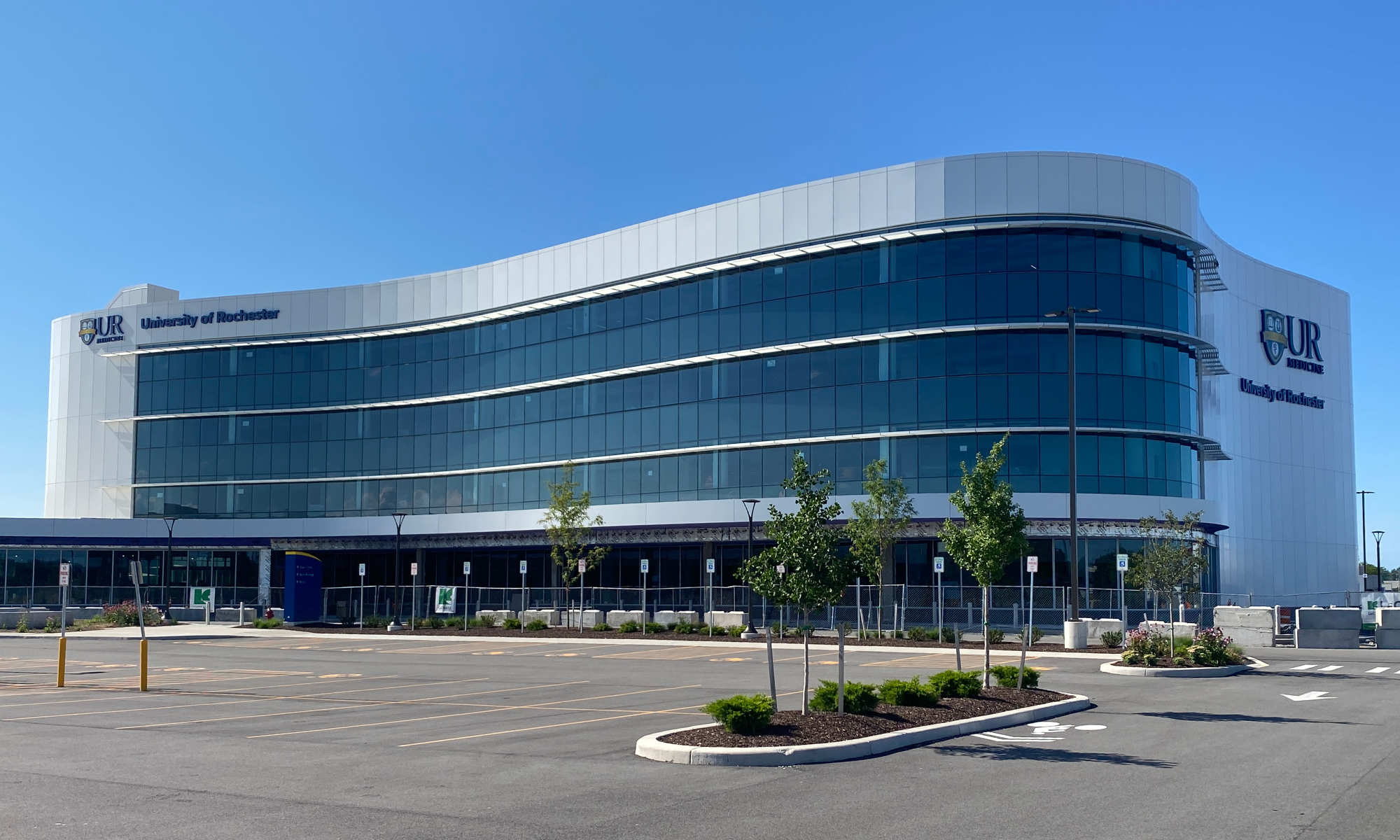
Marketplace Mall gets an orthopaedics overhaul
UR Medicine’s new orthopaedic facility is already benefiting area patients. Can it also help revitalize a struggling suburban shopping center?
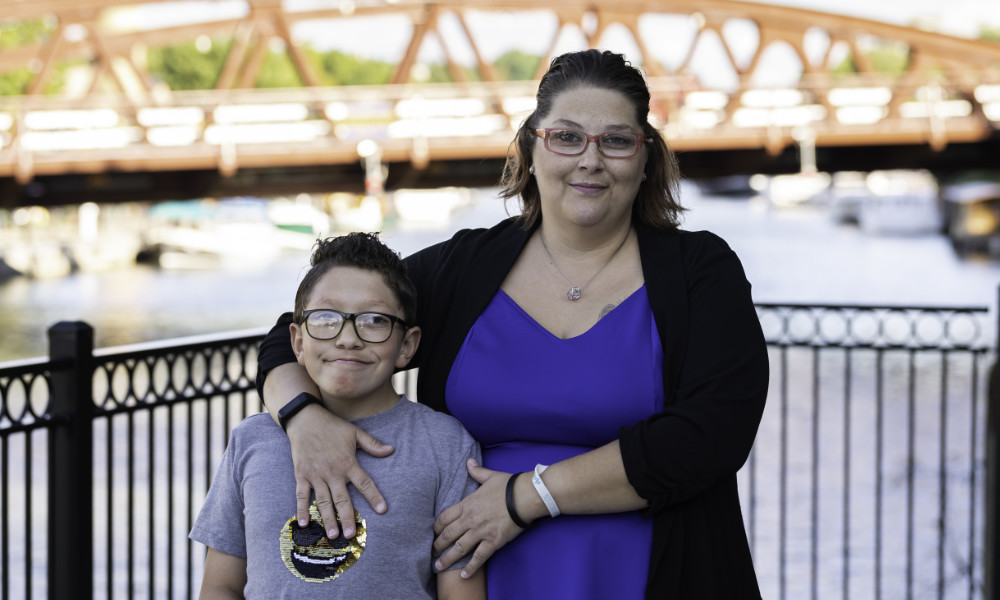
Thriving while living with fetal alcohol spectrum disorders (FASD)
Fetal alcohol spectrum disorders are a pressing public health problem—and the University is home to one of only two specialty diagnostic clinics in New York state.
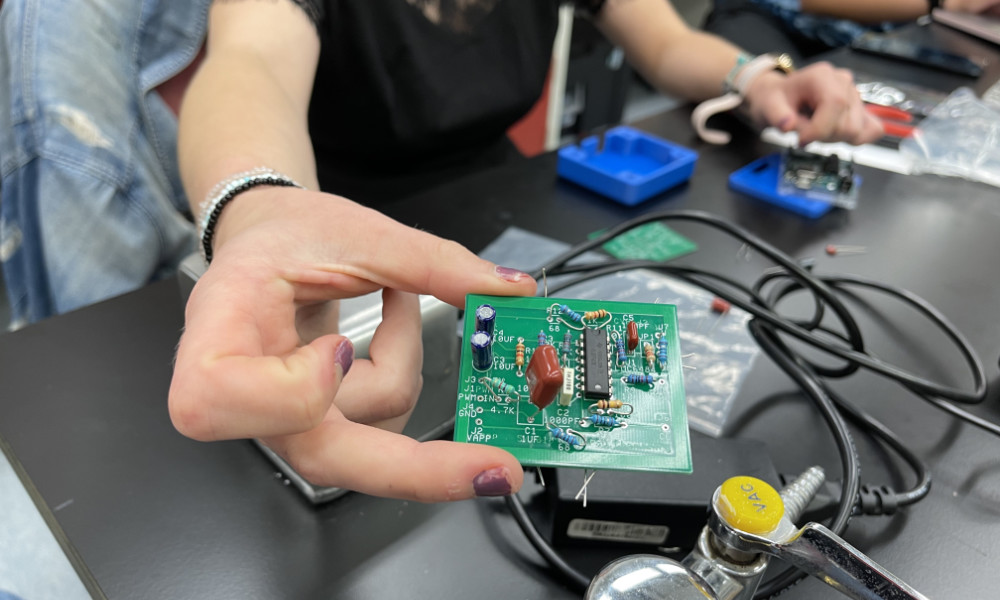
Rochester students’ award-winning device instantly detects sepsis via sweat
Rochester undergraduates have developed a fast, noninvasive, affordable, and eco-friendly way to diagnose the life-threatening medical complication.
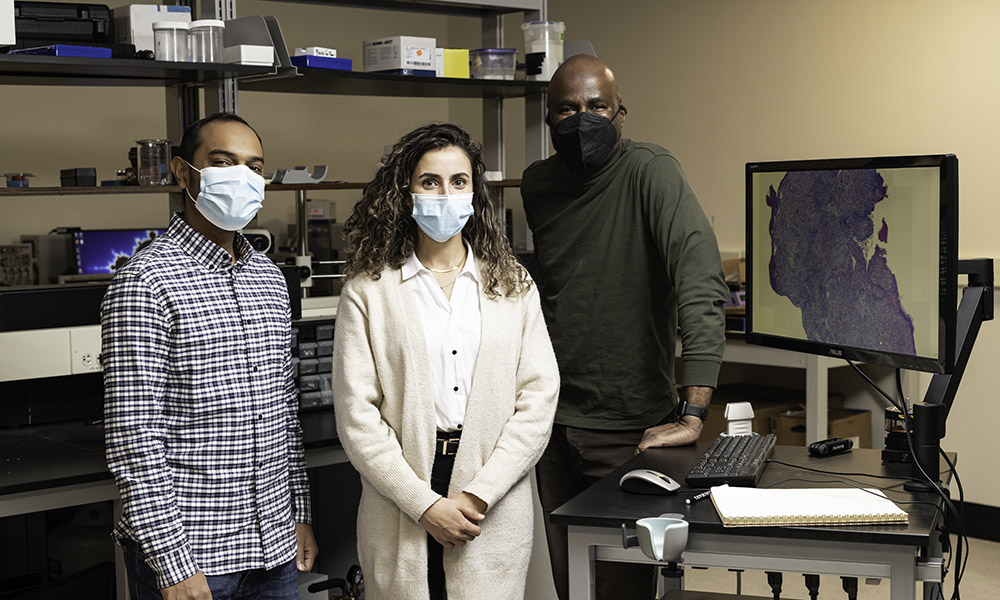
New imaging technology could buy time for pancreatic cancer patients
Tumor shrinkage is one sign of cancer treatment’s efficacy—but Rochester scientists are exploring elasticity and permeability as well.
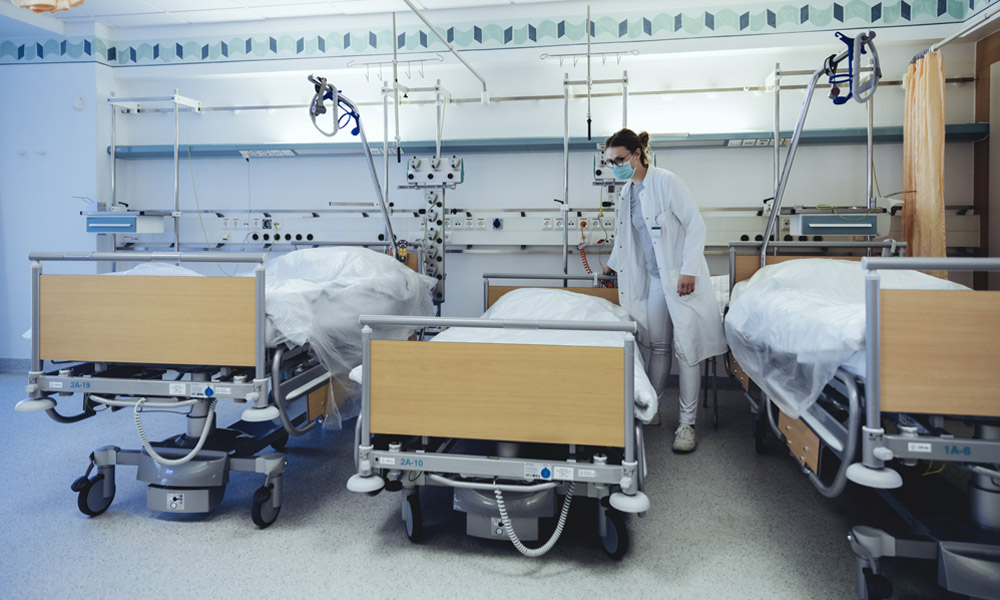
COVID-19 demands a reckoning with hospitals’ fee-for-service business model
A health care system that prioritizes volume over routine care is “structurally incapable” of responding to the challenges presented by COVID-19, writes Mical Raz in a Washington Post op-ed.
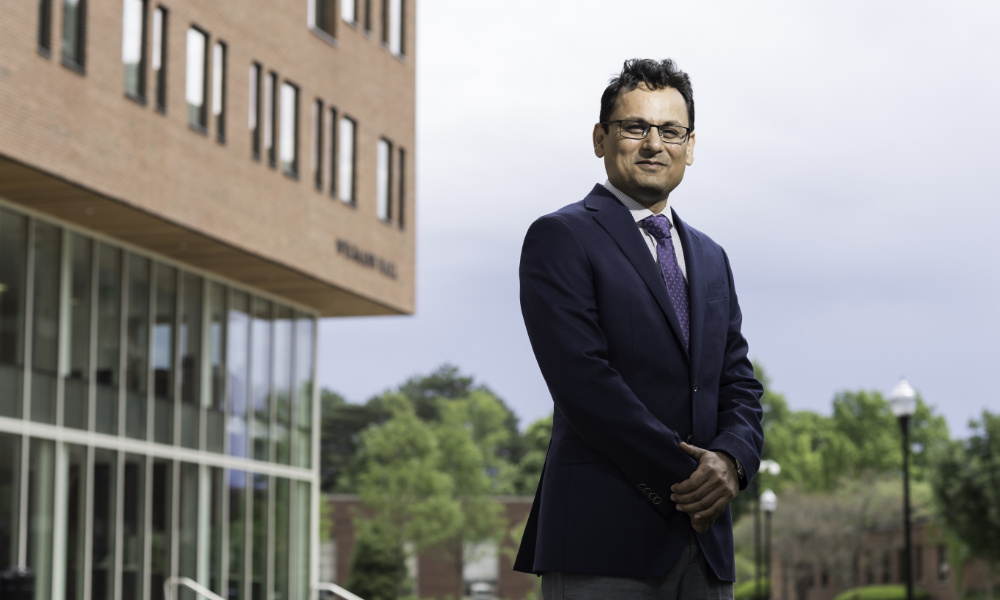
Ehsan Hoque named an ‘emerging leader’ by National Academy of Medicine
The director of Rochester’s Human-Computer Interaction Lab is one of ten leaders selected to work with the organization on “sparking transformative change to improve health care for all.”

Will COVID-19 finally spur a revamp of US health care?
The coronavirus pandemic “has exposed the limits of such an individualistic approach” to health care, writes University health policy historian Mical Raz in the Washington Post.
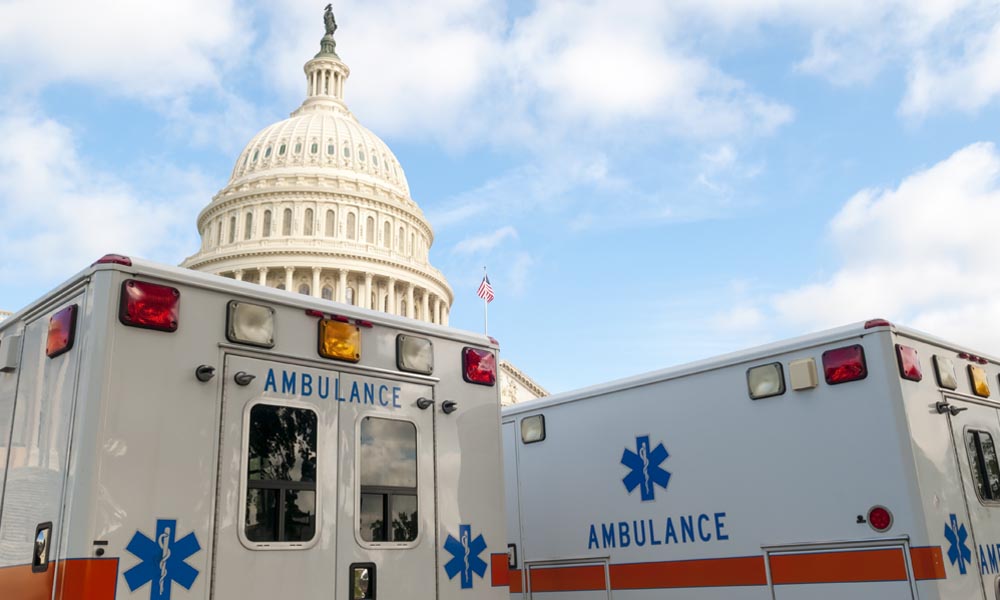
Calling Medicare ‘socialized medicine’ is a well-worn scare tactic
Conservatives have scared Americans into supporting higher health care costs, while shying away from expanding access, writes associate professor of history Michal Raz in a Washington Post op-ed.
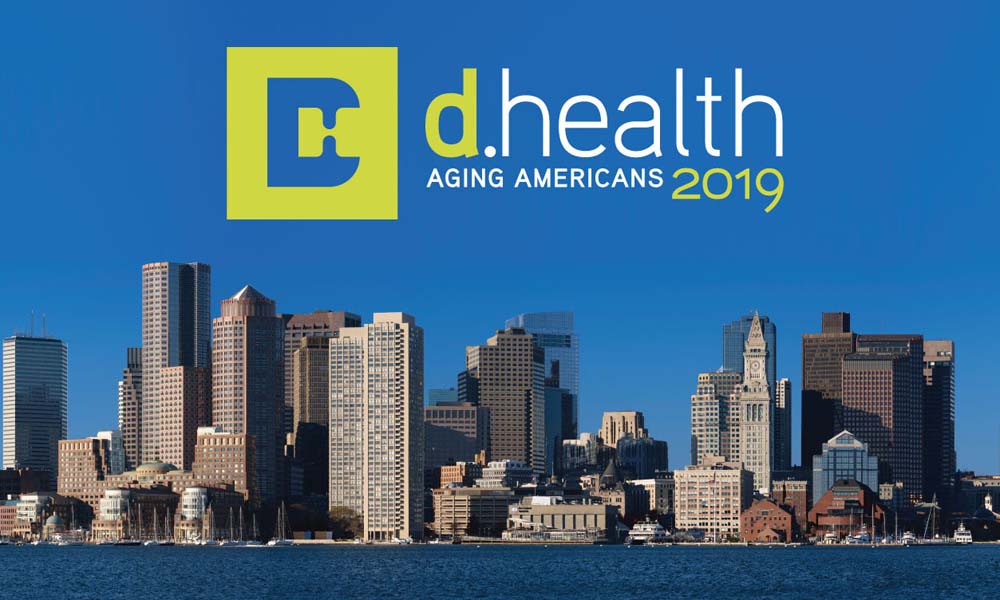
2019 d.health Summit addresses social determinants of health
Now in its fifth year, the d.health Summit will address the non-medical factors the affect health, such as economic security, education, physical environment, employment, social support networks, and access to care.
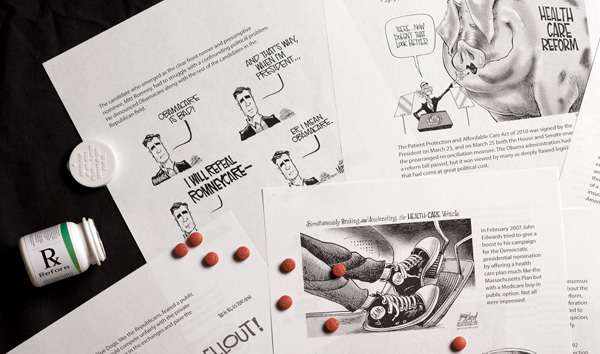
Health Care History Through Humor
Theodore Brown, a historian of medicine, public health, and health policy at the University of Rochester, provides the historical context for each cartoon and authored introductory chapters on early health care reform efforts.
